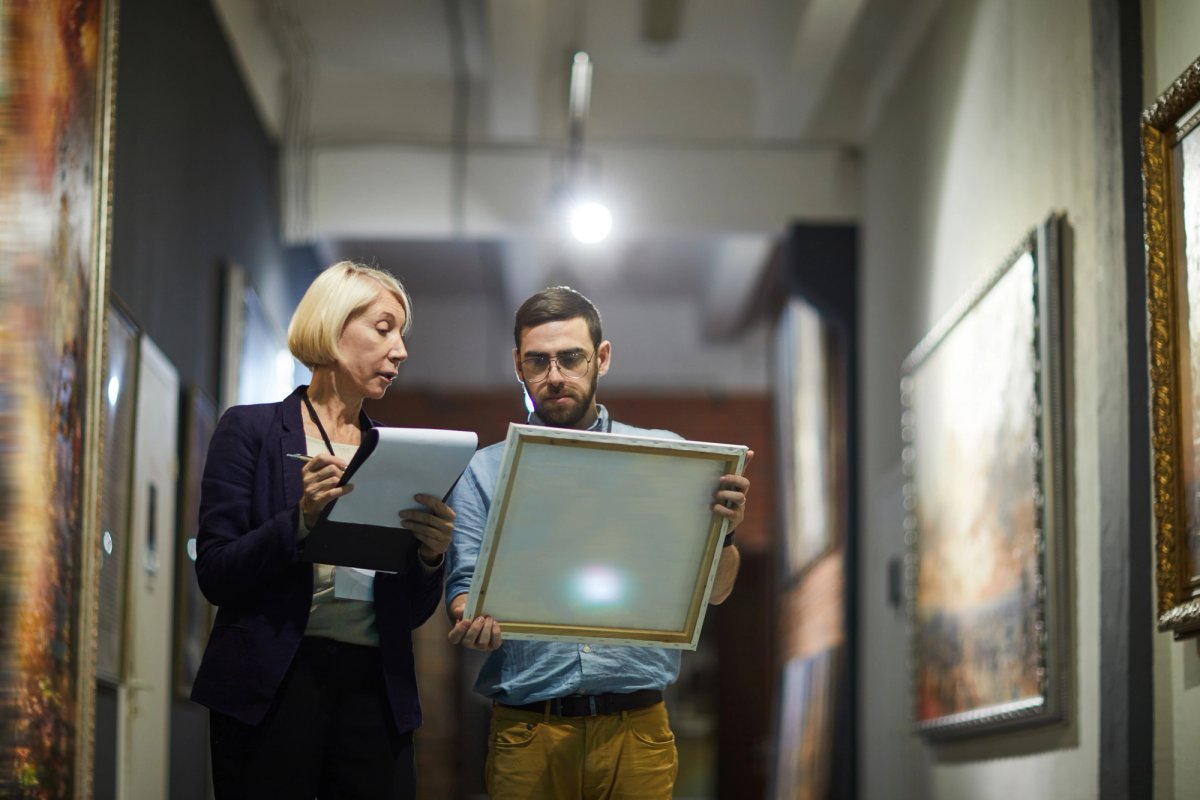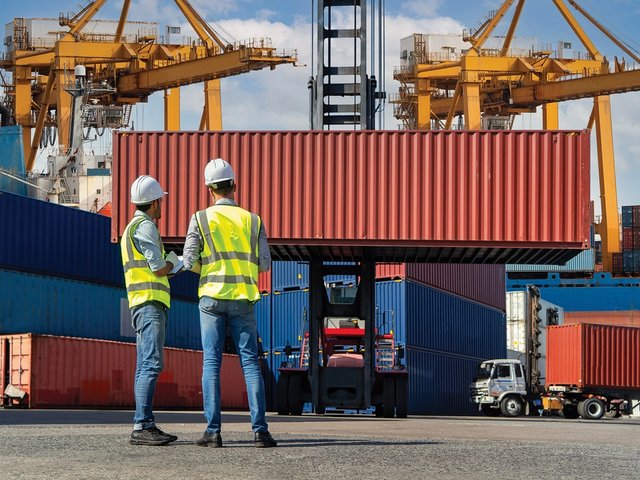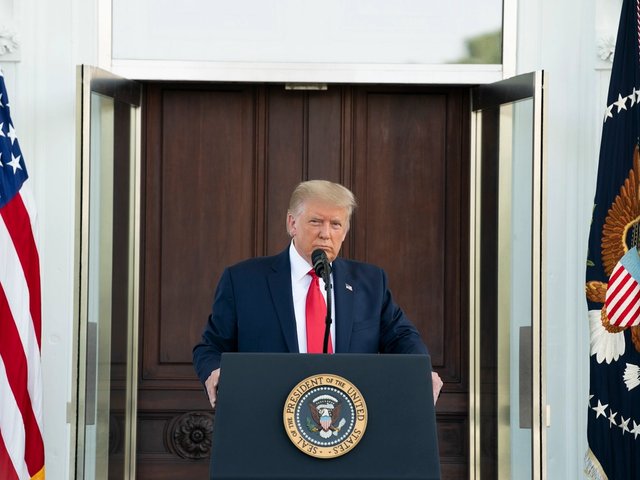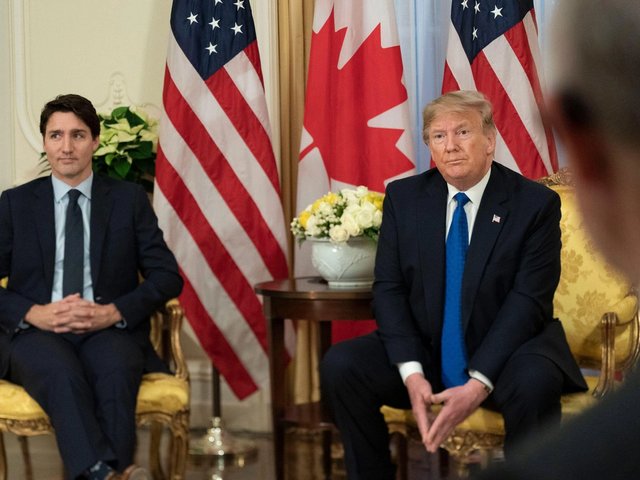You wouldn’t have seen it on the news, but as US President Donald Trump’s tariff announcements caused stock markets to turn red, the art market too was having its own meltdown. Auction bids were withdrawn. Titian futures were shorted. Koons balloons deflated. As Clare McAndrew’s latest annual Art Basel and UBS Art Market Report reveals, the top end of the art market was already weakening. New trade barriers and a global recession were the last thing it needed.
The art market is always susceptible to global economic sentiment. To sell art, an intrinsically worthless luxury, you need Good Times. The market also relies on art being easy to move around the world. Trump’s intended tariffs, including 20% on all goods imported from the EU, would be disastrous. Imagine trying to sell a million-dollar painting at Tefaf, with a special price of $1.2m for Americans.
Art and antiques were not on the list of goods exempted from Trump’s “Liberation Day” executive order. However, now that the dust has settled, it seems clear the tariffs will not affect most of the art market. For this we can thank a long-retired US congressman, Howard Berman.
In 1988, concerned that the US government was using tariffs and sanctions to stop the free flow of news, ideas and information, Berman secured an amendment to the International Emergency Economic Powers Act (the legislation Trump uses to impose new tariffs). This exempted “informational materials” from any action by the president, and listed examples such as films, posters, photographs and—crucially—“artworks”.
At first, it wasn’t clear that an artwork by, say, Titian, counted in the context of informational materials. But the US Code of Federal Regulations clarifies that the definition of “artworks” is as given in the Harmonized Tariff Schedule (subheadings 9701, 9702 and 9703 if you’re interested) and this includes paintings, drawings, pastels, prints and sculptures of any age. My go-to lawyer for art matters, Pierre Valentin of Fieldfisher, tells me: “I see no reason to exclude antiques exceeding 100 years old from the broad definition of information or informational materials. Antiques, like other artworks and collectors’ pieces, convey information about foreign cultures.”
So, relief all round? With Trump you never know. The art market could yet be affected. The UK government has included paintings, drawings and sculpture on its list of goods for potential retaliatory tariffs (albeit excluding anything more than 100 years old). Which is concerning, when in fact the UK should be going in completely the opposite direction.
Although the UK doesn’t have tariffs on art, there are other import barriers. Import VAT is levied at 5% and, since Brexit, also applies to art from the EU. Then there are added costs and delays at customs, which especially deter consignments of lower and mid-value artworks. McAndrew’s report reinforces anecdotal evidence from the London art market that Paris has gained market share since Brexit. In 2020 France accounted for 7% of the European Old Master market; in 2024 it was 17%.
The UK art market—declining, but still the second-largest in the world—needs free trade. The auctioneers, shippers, historians and restorers who are among the more than 80,000 people whose jobs are supported by the art market (according to the British Art Market Federation) rely on people across the world thinking the UK is the best place to sell, research or restore their art. The British art market should be the perfect example of a highly skilled services industry, uniquely placed in the world to create value through expertise. Perhaps what it really needs is its own Howard Berman.






